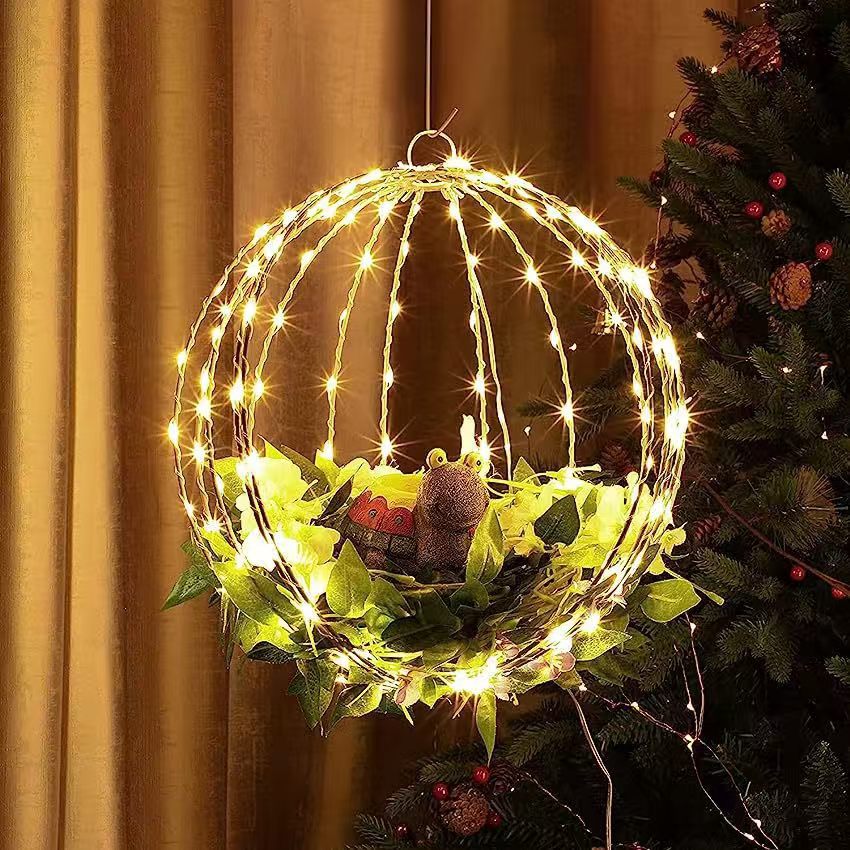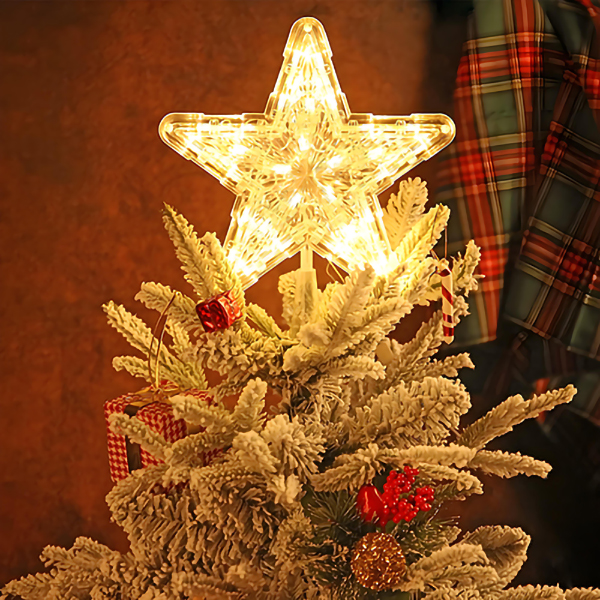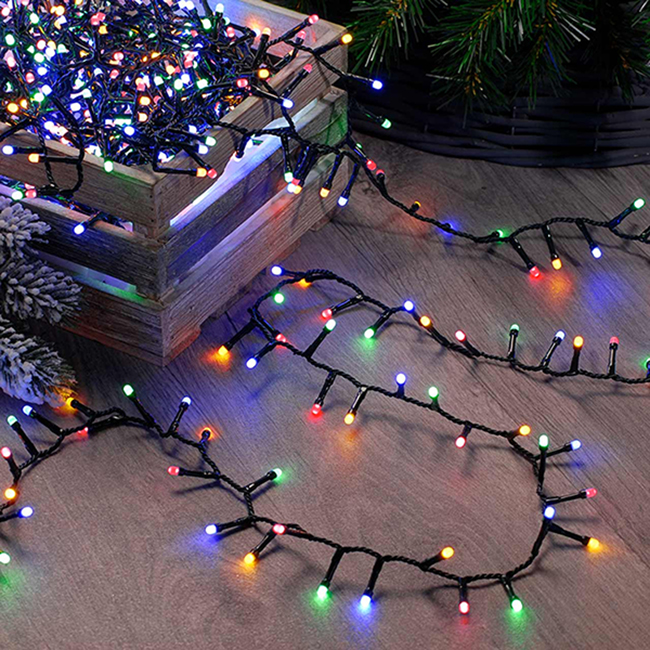
Brighten Your Space with Connectable Outdoor Lights
Explore what connectable outdoor lights are, their benefits, how to choose the right ones, and how to use them effectively to illuminate your world beautifully and safely.
Outdoor lighting has transformed from a luxury to a necessity for homeowners, event planners, and commercial property owners alike. One of the most innovative and practical solutions in the realm of exterior illumination is connectable outdoor lights. These versatile lighting systems offer customizable ambiance, energy efficiency, and ease of installation—making them ideal for everything from backyard barbecues to large-scale wedding setups.
In this comprehensive guide, we’ll explore what connectable outdoor lights are, their benefits, how to choose the right ones, and how to use them effectively to illuminate your world beautifully and safely.

What Are Connectable Outdoor Lights?
Connectable outdoor lights are modular lighting systems designed for outdoor use. Unlike traditional standalone string lights, these lights can be linked end-to-end to cover larger spaces without requiring separate power sources for each section.
They often come in the form of string lights, festoon lights, icicle lights, or even garden spike lights—each featuring a plug-and-play system that allows multiple strands to be connected into a single power source.
Key Features:
- Weatherproof construction (IP44, IP65, or higher ratings)
- Extendable design, usually allowing up to 100 meters or more
- Compatible plug systems (connectors for seamless linking)
- Energy-efficient options like LED bulbs
- Customizable layouts for various outdoor environments
Why Are Connectable Outdoor Lights So Popular?
The rise in popularity of connectable outdoor lights is tied to growing trends in outdoor living, landscape design, and event planning. Here’s why people are making the switch:
1. Flexibility in Design
You can arrange these lights in straight lines, zigzags, circular patterns, or overhead canopies—adapting to patios, gazebos, pergolas, fences, or trees with ease.
2. Ease of Installation
No electrician is needed. You simply connect each section via its integrated end plugs, ensuring a tight, water-resistant fit.
3. Energy Efficiency
Most connectable outdoor lights use LED technology, which consumes up to 80% less energy than incandescent bulbs and has a much longer lifespan.
4. Scalability
Need to light a 20-foot deck today and a 100-foot party venue tomorrow? No problem. Just add more segments as needed.
5. Safe and Weather-Resistant
With IP-rated designs, these lights can withstand rain, snow, and even dust, making them suitable for year-round use.
Common Types of Connectable Outdoor Lights
The term "connectable outdoor lights" covers a wide range of products. Each type serves a specific purpose based on aesthetic goals and functionality.
1. Connectable Festoon Lights
These feature hanging globe or Edison-style bulbs spaced along a heavy-duty rubber cable. Perfect for creating a cozy, café-style ambiance.
Best for: Patios, garden parties, weddings
2. Connectable String Lights
Similar to Christmas lights, these feature smaller bulbs (often LEDs) and can be wrapped around trees, fences, or gazebos.
Best for: Trees, bushes, outlining edges
3. Connectable Icicle Lights
These create a cascading effect and are most commonly seen in holiday displays or winter-themed decor.
Best for: Rooflines, railings, event backdrops
4. Connectable Curtain Lights
Used to create large illuminated backdrops, these lights cascade vertically.
Best for: Weddings, photo booths, and outdoor events
5. Connectable Spike Lights
These are low-voltage ground lights with the option to daisy-chain multiple units—ideal for landscape illumination.
Best for: Pathways, gardens, driveways
How to Choose the Right Connectable Outdoor Lights
With so many options available, selecting the right lights can be overwhelming. Consider the following factors:
1. Purpose and Mood
Are you creating a romantic ambiance, hosting a festive party, or enhancing security? The purpose will dictate brightness, color temperature, and bulb style.
2. Power Supply
Check the voltage (low-voltage vs. mains-powered) and calculate how many lights can safely run on a single circuit.
3. IP Rating
For outdoor use, a minimum IP rating of IP44 is recommended. Higher ratings like IP65 are ideal for areas prone to heavy rain or dust.
4. Bulb Type and Color
LEDs are the preferred choice for their efficiency and lifespan. Choose warm white for cozy settings, cool white for modern aesthetics, or multi-color for festive occasions.
5. Total Length and Expandability
Most systems support up to 50–100 meters of connectivity. Make sure your power source and design plan can accommodate the total wattage.
Creative Ways to Use Connectable Outdoor Lights
Let’s get inspired. Here are some of the most popular ways people are incorporating connectable outdoor lights into their outdoor environments.
1. Overhead Canopies
Drape festoon lights in a zigzag pattern across a patio or yard to create a "starry night" effect.
2. Pathway Illumination
Use spike lights or wrap string lights along garden borders to safely guide guests.
3. Event Tents and Gazebos
Decorate the perimeter with connectable icicle or curtain lights for a glamorous evening glow.
4. Holiday Decorations
Transform your home’s façade with connectable Christmas string lights and animated light sequences.
5. Outdoor Dining
Add festoon lights over a picnic table or grilling station to turn a simple meal into an experience.

Installation Tips for Connectable Outdoor Lights
Installing your connectable outdoor lights the right way is crucial for safety and performance.
1. Plan Your Layout
Sketch out the area and measure distances. Don’t forget to include space for connectors, corners, or cable slack.
2. Use Proper Mounting Tools
Cable clips, wall hooks, and zip ties are your best friends. Avoid nails or metal fasteners that could damage wiring.
3. Ensure Waterproof Connections
Double-check that all connectors are firmly tightened and sealed—especially if you're using extension cords or splitters.
4. Use Timers or Smart Plugs
Automate your lighting with Wi-Fi smart plugs, allowing remote control and scheduling to conserve energy.
5. Avoid Overloading Circuits
Read manufacturer guidelines to avoid drawing too much current from a single outlet. Use outdoor-rated power sources and surge protectors.
FAQs About Connectable Outdoor Lights
Q1: Can I connect lights from different brands?
Only if their connectors and voltage ratings are fully compatible. Mixing brands can be risky unless explicitly supported.
Q2: How many sets can I connect together?
Most systems allow 5 to 20 sets depending on the wattage. Always refer to the product's safety instructions.
Q3: Can I leave them outside year-round?
Yes, if they have an appropriate IP rating and are maintained properly. Otherwise, it’s safer to bring them in during harsh weather.
Q4: Are there solar-powered connectable outdoor lights?
Yes, but they are less common. Most rely on plug-in power for consistency, especially in low-light seasons.
Q5: What should I do if a section stops working?
Check the connectors, replace individual bulbs (if applicable), and ensure power is reaching all strands. Faulty cables may need replacement.
Conclusion
Connectable outdoor lights are more than just décor—they’re a functional, beautiful way to enhance your living spaces, create memories, and enjoy outdoor settings in every season. Whether you're throwing a party, beautifying your backyard, or adding charm to your commercial property, these lights offer scalability, style, and sustainability.
Take the time to plan your setup, choose quality components, and install with care. You’ll be rewarded with years of stunning light displays and unforgettable evenings under the stars.

.jpg?x-oss-process=image/resize,w_100/quality,q_100)
.JPG?x-oss-process=image/resize,w_100/quality,q_100)















.jpg?x-oss-process=image/resize,w_100/quality,q_100)






.JPG?x-oss-process=image/resize,w_100/quality,q_100)






























